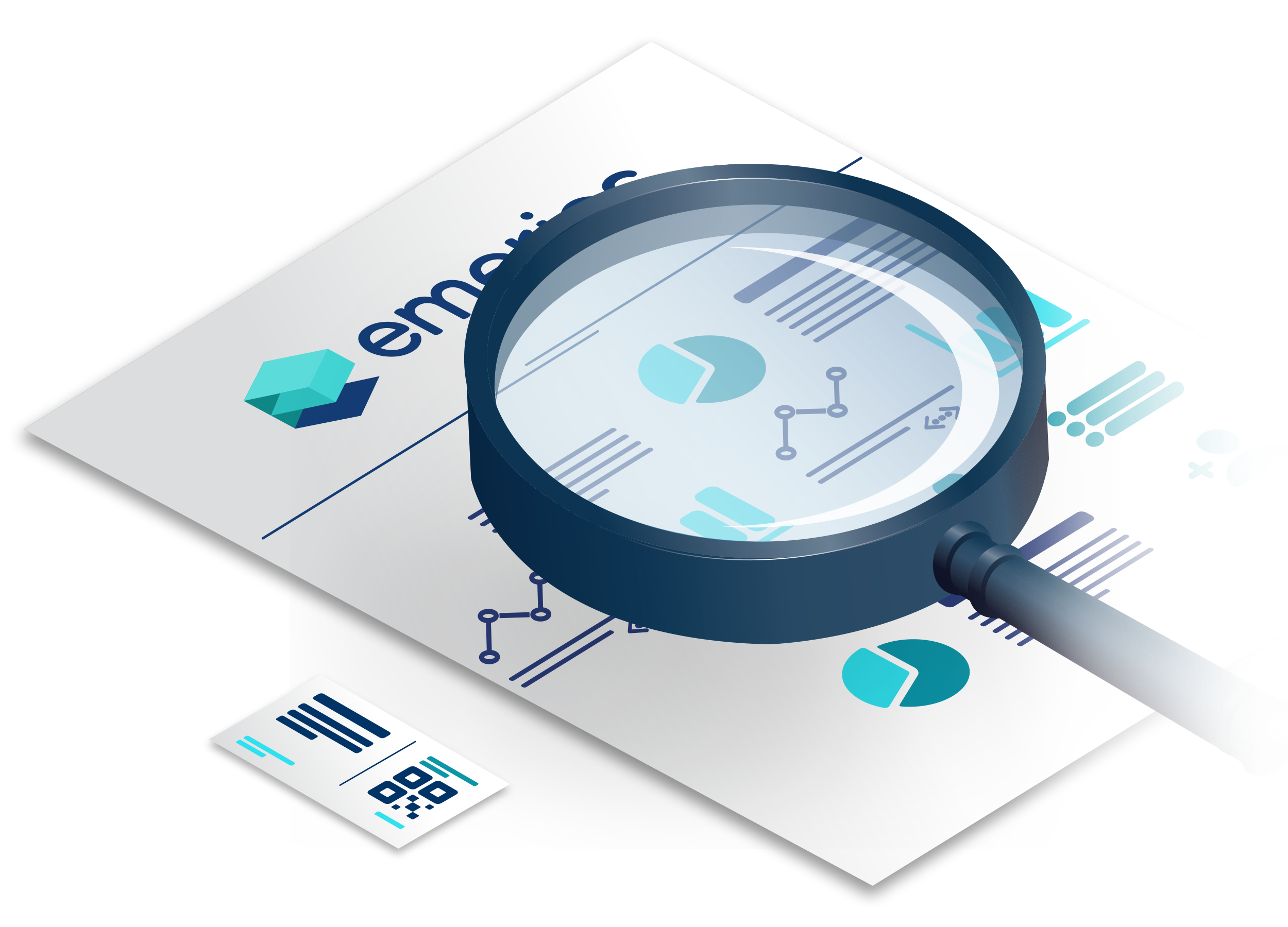Careers
Make a career with Emerios
Elevating Excellence in Every Dimension
At Emerios, our work culture is not just a mantra, it’s the foundation of our success. We are committed to a work environment where every team member is not just valued but empowered to drive transformative change. It’s our collective spirit that sets us apart, and it’s ‘The Emerios Way.’

Thank you for your interest!
While we don’t have any open positions at the moment, we encourage you to check back soon for future opportunities.
Employment and agreement opportunities within Emerios are based solely upon individual merit and qualifications directly related to professional competence. We strictly prohibit unlawful discrimination or harassment on the basis of race, color, religion, veteran status, national origin, ancestry, pregnancy status, sex, gender identity or expression, age, marital status, mental or physical disability, medical condition, sexual orientation, or any other characteristics protected by law.
Emerios promotes a drug-free workplace environment.
Emerios promotes a drug-free workplace environment.